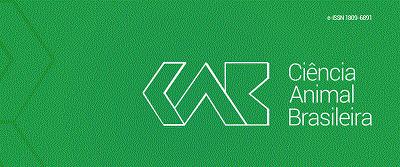We studied the molecular epidemiology of Staphylococcus aureus strains potentially toxigenic, isolated from the production process of Minas frescal cheese in a small dairy plant in the state of São Paulo. For this, samples were taken during the period from June 2008 to July 2009. Samples were collected from the surface of the receiving and storage tanks of raw milk, the surface of the balance tank of pasteurized milk, the water supply system, the pipes and equipments, the hands of the handler and from the packaged cheese, totaling 140 samples. The colonies isolated on Baird-Parker Agar confirmed as Gram positive and positive for catalase, coagulase and acetoin production, were submitted to extraction of bacterial DNA using the Invitek - Uniscience® kit. Confirmation of the isolated species and enterotoxins SEA, SEB, SEC, SED and TSST-1 toxin was carried out through the amplification of specific fragments of chromosomal DNA. Among the 74 strains of isolated coagulase-positive staphylococci, only 41 (55.4%) strains were confirmed as Staphylococcus aureus, of which 25 (61.0%) were positive to the presence of staphylococcal toxins. The most frequently identified enterotoxin was SEA. The toxigenic strains of Staphylococcus aureus were more frequently isolated from hands of the handler (16.0%), raw milk receiving tank (12.0%), pasteurized milk for cheese making (12.0%) and fresh white cheese ready for consumption (12.0%).
food safety; fresh white cheese; PCR; Staphylococcus aureus; staphylococcal toxins
